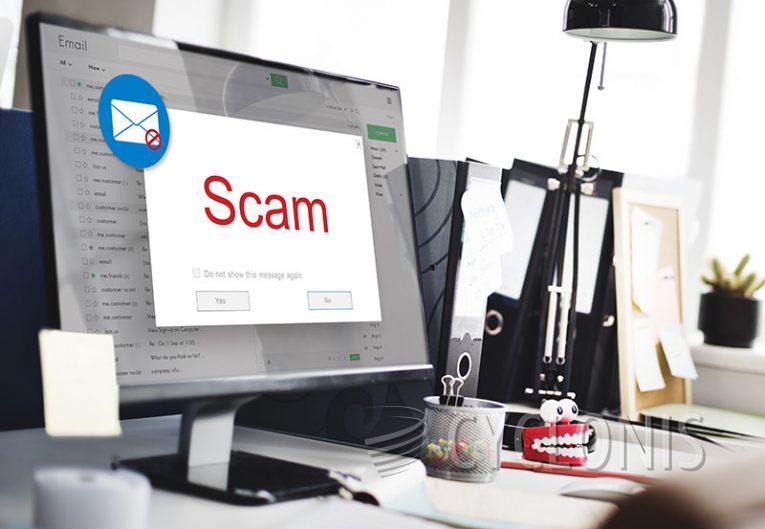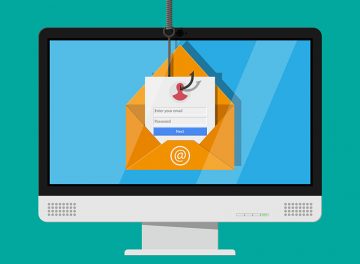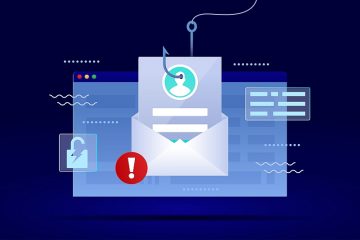"Overdue Invoice" Email Scam Seeks to Steal Credentials

Upon analyzing the email titled "Overdue Invoice," it has been determined that it is spam. The email urges the recipient to settle an overdue invoice to maintain a positive business relationship with the sender. The attachment accompanying the email is, in fact, a phishing file designed to steal the recipient's email account login credentials.
This fraudulent email, often with the subject "Urgent: Settle Invoice to Prevent Legal Action" (subject may vary), poses as a communication from a business partner. The sender expresses gratitude for the recipient's collaboration and highlights an unpaid invoice.
The email specifies the due date for settling the invoice, and additional invoice details are provided in the attached file. Recipients are instructed to make the payment promptly, or if already in progress, to disregard the message.
It is essential to emphasize that all the claims made in this email are false, and it has no affiliation with any genuine individuals or organizations.
Upon examining the attached file, "Overdue Invoice.shtml," it was discovered that it is a phishing file. This file prompts users to confirm their details by logging into their email accounts, thereby granting unauthorized access to online PDF documents.
Phishing files record the information entered by users and transmit it to cybercriminals. Those who fall victim to this scam risk not only losing their emails but also potentially compromising the accounts and platforms associated with them.
To elaborate on the potential misuse, scammers can exploit stolen identities of social account owners (e.g., email, social networking, messaging) to solicit loans or donations from contacts, promote scams, and even distribute malware by sharing malicious files or links.
Furthermore, compromised financial accounts (e.g., online banking, money transfers, e-commerce, digital wallets) can be exploited for fraudulent transactions and unauthorized online purchases.
How Can You Determine that an Email is a Scam?
Detecting a scam email can be challenging, as scammers employ various tactics to make their messages appear legitimate. However, you can look for several telltale signs to help determine if an email is a scam:
Check the Sender's Email Address: Examine the sender's email address carefully. Scammers often use email addresses that look similar to legitimate ones but may contain slight misspellings or unusual domain names.
Look for Generic Greetings: Scam emails often use generic greetings like "Dear User" or "Hello Customer" instead of addressing you by name. Legitimate organizations usually personalize their emails with your name.
Be Cautious of Urgency: Scammers frequently create a sense of urgency in their emails, urging you to act quickly. They may claim that immediate action is required to avoid negative consequences.
Watch for Misspellings and Grammar Errors: Poor spelling and grammar are common in scam emails. Legitimate organizations typically proofread their communications carefully.
Check the URL or Links: Hover your mouse over any links in the email (without clicking) to see where they lead. Be cautious if the link's URL looks suspicious or does not match the claimed sender or organization.
Examine the Email Content: Be skeptical of unsolicited emails that ask for personal or financial information, such as passwords, Social Security numbers, or credit card details. Legitimate organizations do not typically request sensitive information via email.
Beware of Attachments: Do not open email attachments from unknown or suspicious sources. Scammers often use attachments to deliver malware or phishing attempts.
Verify the Sender: If the email claims to be from a known organization or company, verify the sender's identity independently. Look up their official website or contact them through established channels (e.g., official phone numbers) rather than using contact information provided in the email.
Check for Spurious Logos and Branding: Scammers may use fake logos and branding to imitate reputable organizations. Compare the email's branding with what you find on the official website of the supposed sender.
Be Cautious of Unexpected Attachments or Links: Scam emails may contain links or attachments that you were not expecting. Do not interact with them without verifying their legitimacy.








